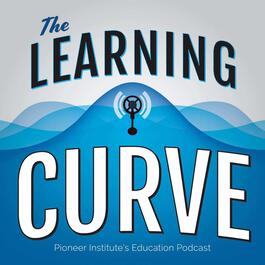
Stanford's Pulitzer Winner Jack Rakove on American Independence
In this week’s episode of The Learning Curve, co-hosts Alisha Searcy and Massachusetts civics teacher Kelley Brown interview Pulitzer Prize-winning historian Jack Rakove, Coe Professor Emeritus at Stanford University. Prof. Rakove explores the origins of the American Revolution and U.S. Constitution through the lives of the nation’s Founding Era figures. Reflecting on young John Adams’ vivid depiction of his schoolhouse in colonial Massachusetts, Rakove offers context for the political and social landscape of the 18th-century America. He discusses the central constitutional dispute between the British Parliament and the American colonies over political authority, which escalated after the Stamp Act crisis and the Boston Tea Party. Prof. Rakove traces the emergence of the Continental Congress as a revolutionary governing body and its role in declaring independence. He also shares the moral contradictions of liberty in a society dependent on slavery and explains how internal debates over slavery shaped politics within the Continental Congress. Additionally, Prof. Rakove highlights the contributions of Alexander Hamilton and James Madison in building a durable federal constitutional system and explains Madison’s critical role in drafting the Bill of Rights. He closes with a reading from Revolutionaries: A New History of the Invention of America.
From "The Learning Curve"


Comments
Add comment Feedback